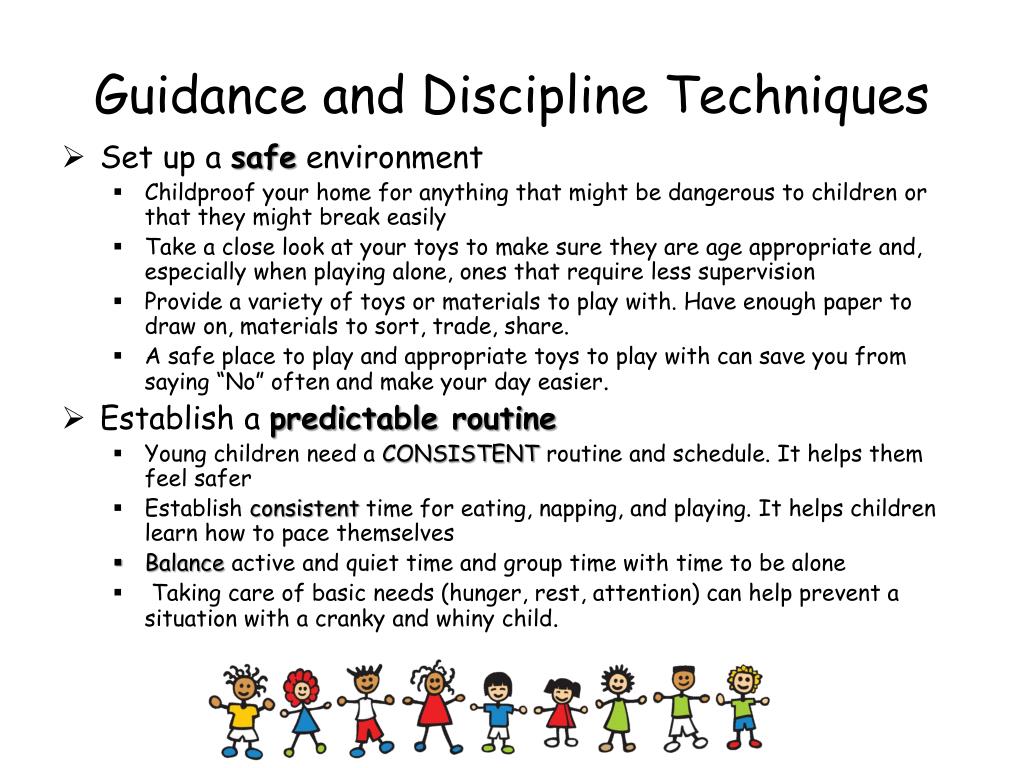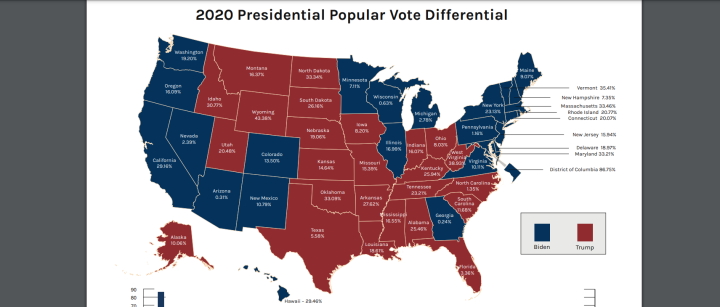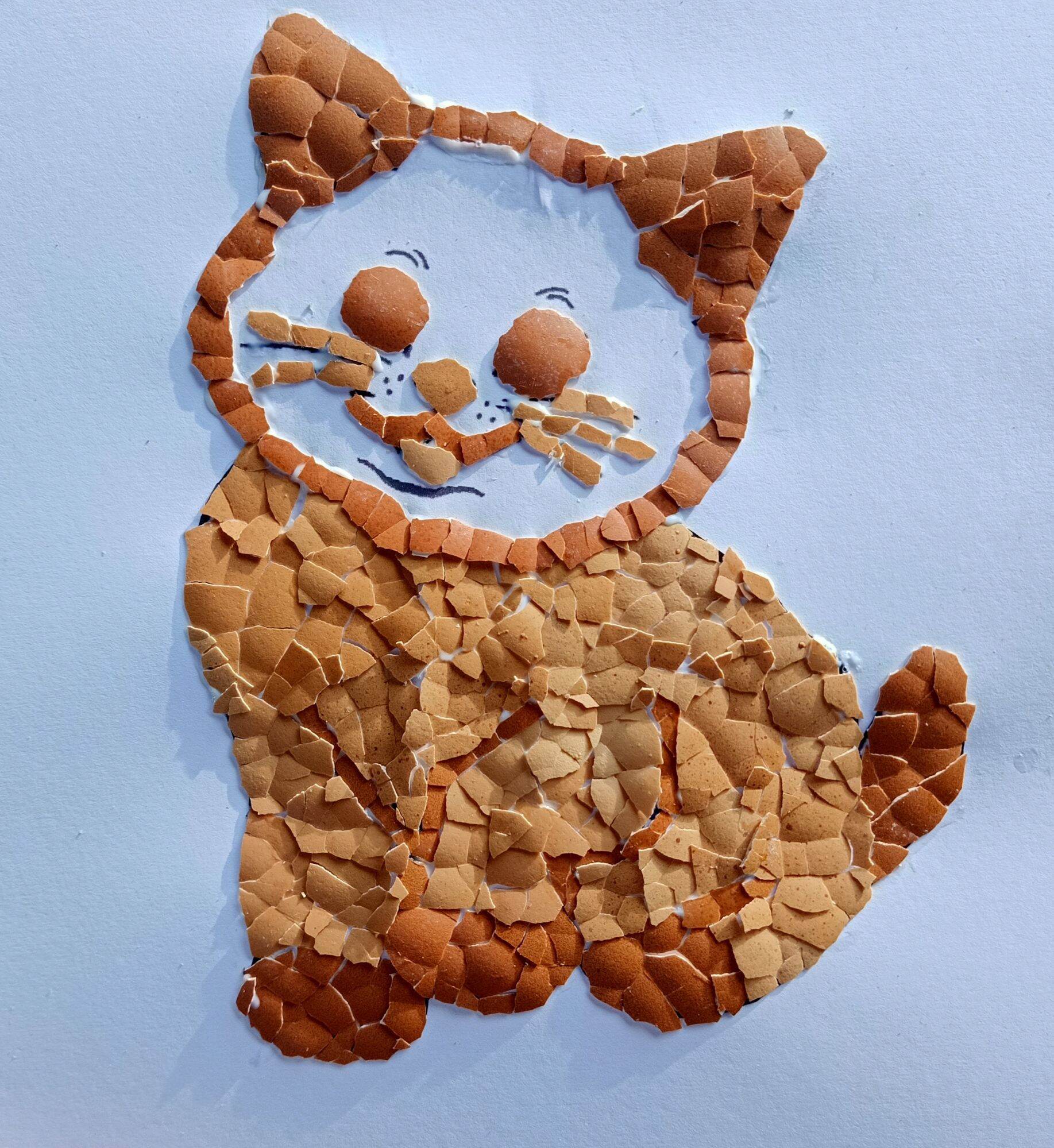The Case Against School Suspensions: Supporting Positive Discipline Strategies

Table of Contents
The Negative Impact of School Suspensions
School suspensions, while seemingly a straightforward disciplinary action, have far-reaching negative consequences for students. Their impact extends beyond the immediate removal from class, creating a ripple effect that undermines academic progress, social-emotional well-being, and equitable access to education.
Academic Consequences
Suspensions directly impact academic achievement, leading to a cycle of underachievement and disengagement.
- Increased absenteeism: Time missed due to suspension translates to lost instructional time, making it difficult for students to catch up on missed material and negatively affecting their grades. This can lead to a snowball effect, with students falling further behind and ultimately increasing the likelihood of dropping out.
- Disruption of learning continuity: The disruption caused by suspension breaks the flow of learning and makes it harder for students to reintegrate into the classroom. This discontinuity significantly impacts their ability to understand concepts and master skills.
- Reduced future opportunities: A record of numerous suspensions can significantly impact a student's future opportunities, hindering their chances of college admission and employment prospects. Studies have shown a direct correlation between suspension rates and lower graduation rates.
- A study published in the Journal of Educational Research found that students suspended even once were significantly more likely to drop out of high school.
- Another study in the American Educational Research Journal highlighted the long-term negative impact of suspension on college enrollment rates.
Social and Emotional Consequences
Beyond academics, suspensions inflict significant damage on a student's social and emotional well-being.
- Increased feelings of isolation and alienation: Suspension removes students from their support network, exacerbating feelings of isolation, anger, and resentment towards the school system.
- Potential for increased risky behaviors: Time away from school can expose students to negative influences and increase their involvement in risky behaviors such as substance abuse and gang activity.
- Negative impact on self-esteem: Repeated suspensions erode a student's self-esteem and sense of belonging within the school community, contributing to a cycle of negativity and defiance.
- Increased likelihood of contact with the juvenile justice system: There is a demonstrable link between school suspensions and increased contact with the juvenile justice system, particularly among marginalized students.
- Data from the US Department of Education reveals a concerning correlation between school suspensions and future involvement in the juvenile justice system.
- Multiple studies have highlighted the increased risk of mental health issues like anxiety and depression among students subjected to frequent suspensions.
Disproportionate Impact on Marginalized Students
The negative impact of school suspensions is not evenly distributed. Students of color, students with disabilities, and students from low-income backgrounds are disproportionately suspended, reflecting systemic biases within the school discipline system.
- Racial and ethnic disparities: Studies consistently show that students of color are suspended at significantly higher rates than their white peers, even when controlling for other factors.
- Disability disparities: Students with disabilities are also overrepresented in suspension data, often due to a lack of understanding and appropriate support for their individual needs.
- Socioeconomic disparities: Students from low-income backgrounds are more likely to be suspended, reflecting the impact of poverty on behavior and access to resources.
- The US Department of Education's Office for Civil Rights regularly publishes data highlighting these disparities in school discipline. These statistics underscore the urgent need for systemic change.
- Addressing these inequities requires a multifaceted approach that includes culturally responsive teaching, improved teacher training on implicit bias, and equitable access to mental health services.
Effective Positive Discipline Strategies as Alternatives
Fortunately, there are effective alternatives to school suspensions that address the root causes of misbehavior and foster positive school climates. These positive discipline strategies focus on restorative practices, social-emotional learning, and proactive classroom management.
Restorative Justice Practices
Restorative justice approaches prioritize repairing harm and restoring relationships rather than simply punishing wrongdoing.
- Restorative circles/conferences: These involve bringing together the student, the victim (if any), and other relevant stakeholders to collaboratively discuss the incident, its impact, and ways to make amends.
- Focus on repairing harm: The emphasis is on understanding the perspectives of all involved, promoting empathy, and developing solutions that address the needs of everyone affected.
- Building positive relationships: Restorative justice creates opportunities to build stronger relationships within the school community, fostering a sense of shared responsibility and accountability.
- Numerous studies have shown the effectiveness of restorative practices in reducing suspension rates and improving school climate.
Social-Emotional Learning (SEL) Programs
Investing in social-emotional learning (SEL) programs equips students with essential skills for self-regulation, empathy, and conflict resolution.
- Curriculum and interventions: SEL curricula integrate social-emotional skills into the curriculum, providing students with explicit instruction and practice in areas such as self-awareness, self-management, social awareness, relationship skills, and responsible decision-making.
- Teacher training: Teachers play a critical role in implementing SEL strategies, requiring appropriate training and support to effectively integrate SEL into their teaching practices.
- Improved behavior and academic outcomes: Research consistently demonstrates a positive correlation between SEL programs and improved academic performance, reduced disciplinary incidents, and improved social-emotional well-being.
- The Collaborative for Academic, Social, and Emotional Learning (CASEL) provides extensive resources and research on effective SEL programs.
Classroom Management Techniques
Proactive classroom management is crucial in preventing disruptive behaviors before they escalate.
- Clear expectations and routines: Establishing clear expectations, consistent routines, and positive reinforcement systems helps create a structured and predictable learning environment.
- Building positive relationships: Strong teacher-student relationships are essential for fostering a sense of connection, trust, and mutual respect.
- Addressing challenging behaviors effectively: Teachers need strategies for addressing challenging behaviors promptly and effectively, using positive reinforcement and de-escalation techniques.
- Numerous resources are available on effective classroom management strategies, including books, articles, and professional development programs.
Conclusion
School suspensions, with their demonstrably negative consequences on academic achievement, social-emotional well-being, and equity, are a detrimental disciplinary practice. The evidence overwhelmingly supports the need for a paradigm shift towards positive discipline strategies. Alternatives like restorative justice, social-emotional learning programs, and effective classroom management techniques offer a more humane, equitable, and effective approach to addressing student behavior. These methods foster positive relationships, promote student growth, and create safer, more supportive learning environments for all.
Let's move beyond the harmful effects of school suspensions and embrace positive discipline strategies to create safer, more supportive, and effective learning environments for all students. We can build schools where all students thrive, replacing punitive measures with alternatives to school suspensions that prioritize restorative practices and positive school discipline. Explore resources from CASEL (Collaborative for Academic, Social, and Emotional Learning) and the International Institute for Restorative Practices to learn more about implementing effective discipline strategies in your school or community.

Featured Posts
-
 Indias Plea For Justice Rubios De Escalation Call Amidst Tensions
May 02, 2025
Indias Plea For Justice Rubios De Escalation Call Amidst Tensions
May 02, 2025 -
 Florida And Wisconsin Voter Turnout A Deep Dive Into The Current Political Landscape
May 02, 2025
Florida And Wisconsin Voter Turnout A Deep Dive Into The Current Political Landscape
May 02, 2025 -
 Tulsa Storm Damage Reporting Crucial For Nws Impact Assessment
May 02, 2025
Tulsa Storm Damage Reporting Crucial For Nws Impact Assessment
May 02, 2025 -
 Friday April 18 2025 Daily Lotto Results
May 02, 2025
Friday April 18 2025 Daily Lotto Results
May 02, 2025 -
 Sony Revives Classic Play Station Console Themes On Ps 5
May 02, 2025
Sony Revives Classic Play Station Console Themes On Ps 5
May 02, 2025
Latest Posts
-
 Manfaat Cangkang Telur Pupuk Alami Dan Suplemen Nutrisi Untuk Tanaman Dan Hewan Peliharaan
May 03, 2025
Manfaat Cangkang Telur Pupuk Alami Dan Suplemen Nutrisi Untuk Tanaman Dan Hewan Peliharaan
May 03, 2025 -
 Daur Ulang Cangkang Telur Cara Kreatif Untuk Mendukung Pertanian Berkelanjutan
May 03, 2025
Daur Ulang Cangkang Telur Cara Kreatif Untuk Mendukung Pertanian Berkelanjutan
May 03, 2025 -
 Cangkang Telur Sumber Nutrisi Tersembunyi Untuk Pertumbuhan Tanaman Dan Kesehatan Hewan
May 03, 2025
Cangkang Telur Sumber Nutrisi Tersembunyi Untuk Pertumbuhan Tanaman Dan Kesehatan Hewan
May 03, 2025 -
 Bukan Sekadar Sampah Manfaatkan Cangkang Telur Untuk Tanaman Dan Hewan
May 03, 2025
Bukan Sekadar Sampah Manfaatkan Cangkang Telur Untuk Tanaman Dan Hewan
May 03, 2025 -
 Backlash Against Farage Intensifies Following Zelenskyy Remarks
May 03, 2025
Backlash Against Farage Intensifies Following Zelenskyy Remarks
May 03, 2025
